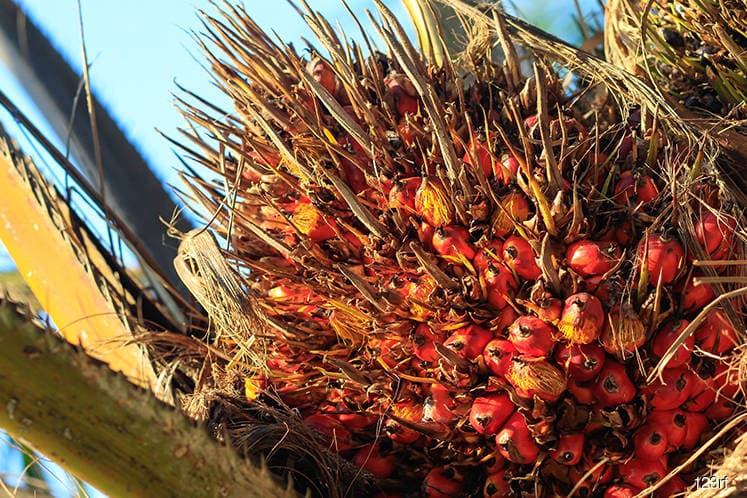
KUALA LUMPUR (April 24): Malaysia is mulling to elevate the European Commission's (EC) Delegated Act issue, the classification of palm oil as “high risk”, to the dispute settlement mechanism under the World Trade Organisation (WTO), says the International Trade and Industry Ministry (Miti).
In a statement today, the ministry said Malaysia will continue to engage with other palm oil producing countries in coming up with more concerted efforts to raise its rejection before the various committees under the WTO.
"Multilateral pressure on the European Union will be intensified as we move forward as many viewed that this latest development could be violations to the WTO rules.
"Miti will work closely with the Primary Industries Ministry to fully utilise and make use of the various WTO platforms in the best interest of our palm oil exporters and smallholders," it added.
The EC had recently adopted the Delegated Act to implement the EU Renewable Energy Directive (EU RED II) for 2021-2030. The adopted delegated regulation has a strict requirement against crops for feedstock biofuels, which cause deforestation and greenhouse gas emissions that contribute to indirect land use change (ILUC).
Crops considered as "high ILUC-risk" will be phased out by 2030.
"Palm oil is categorised as 'high ILUC-risk' in the Delegated Act and this is clearly a form of disguised restriction on international trade and protectionist measure against the crop," said Miti.
At the Council of Trade in Goods meeting of WTO on April 12, Malaysia had highlighted that the adopted delegated regulation has significant negative implication towards oil palm industry development globally.
"There is a significant lack of scientific data and reliable information in the determination of high and low indirect land use change risk biofuels and bioliquids that resulted in disinformation and misleading interpretation of the production of palm oil worldwide," said Miti.
During the meeting, the ministry also shared that the methodology for the calculation of the share of expansion of land in the delegated regulation is not a recognised international standard.
"Malaysia's initiatives are also being supported by other palm oil-producing countries such as Indonesia, Colombia, Guatemala, Thailand, and Costa Rica.
"These palm oil producing countries have also raised and shared their concerns on this discrimination proposed measure to palm oil. In addition, soybean oil producing countries such as Argentina also raised concerns due to the discrimination of these crops for biofuels," added Miti.